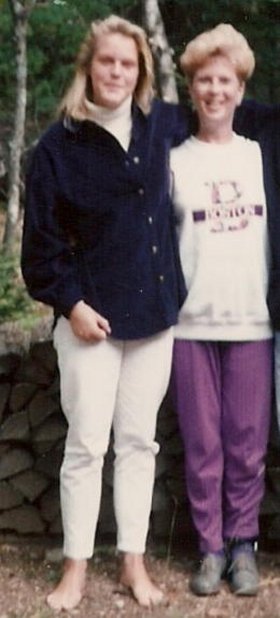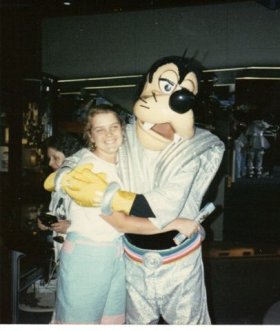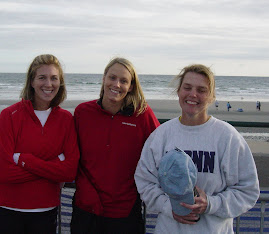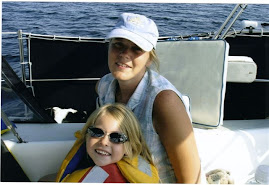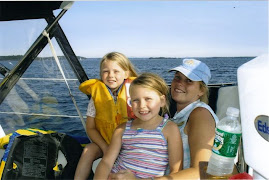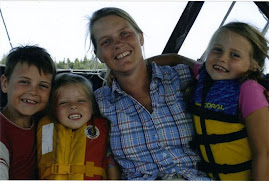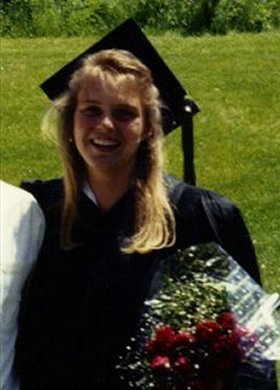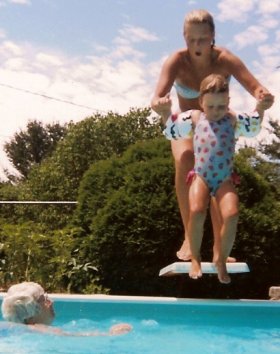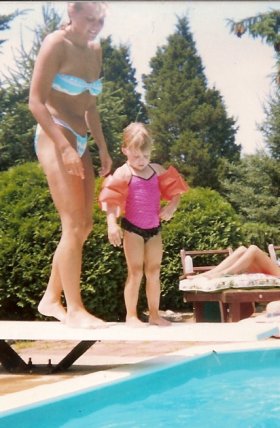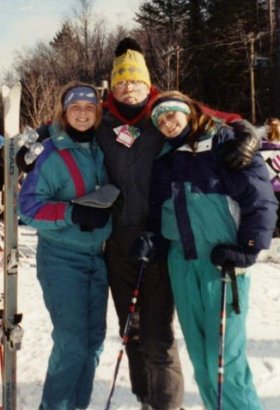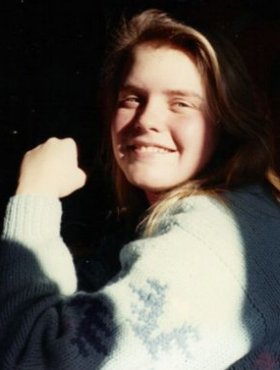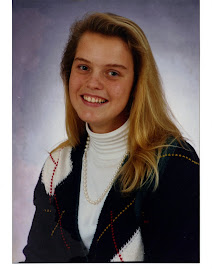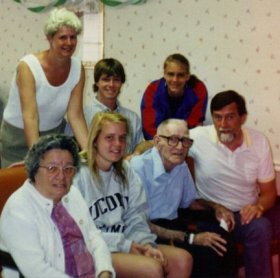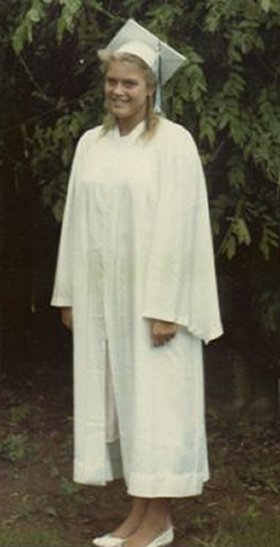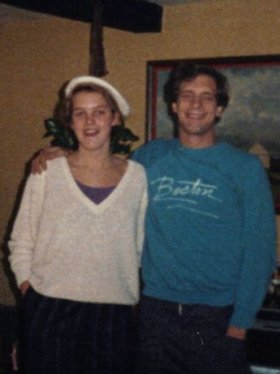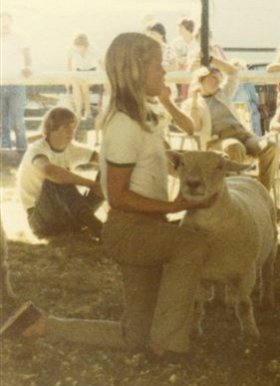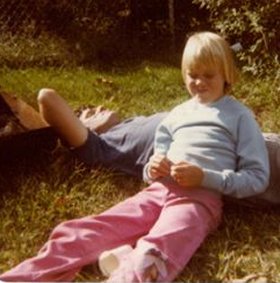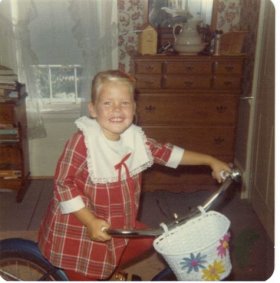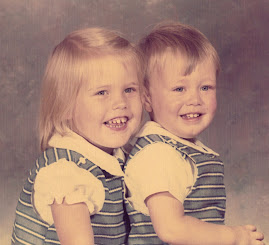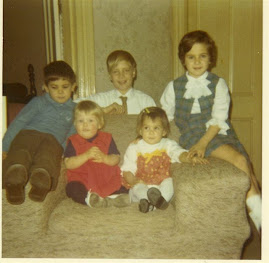This is a site for Julie Clapp (DeLoid), my little sister.
To the best of my recollection, about 18 months ago she came up a bit lame after skiing; had some pain in her hip and back. It persisted for a while, and eventually prompted her to get it looked at. An X-ray didin't show much, but it was a wide enough X-ray that it included the lower part of her chest, and there was something there. A few weeks of more X-rays, CT scans, MRI's and a biopsy and she was diagnosed with stage IV adenocarcenoma of the lung, AKA non-small cell carcinoma, the one that isn't related to smoking. She never smoked. She was 37.
She got into a phase II clinical trial with an EGFR tyrosine kinase inhibitor drug (erlotinib/Tarceva) at Dana Farber, and in a few short months the drug wiped out almost all of the cancer. Some, just enough, of the cancer persisted however, resulting in a pericardial effusion (fluid around the heart) that required a pericaridial window procedure (an opening made to allow the fluid around the heart to drain into the larger chest cavity) that was performed at Brigham and Women's Hospital, about a year ago now, I think. Otherwise it was smooth sailing for a while. She was Dana Farber's star patient.
Then, on a regular visit with scans, it seemed that the cancer had mutated and was no longer responsive to tarceva. That was last July.
But there were other trial drugs that were not susceptible to these mutations. They were "Permanent" EGFR Tyrosine kinase inhibitors. Julie was accepted into a trial of such a drug, though it was still in Phase I, which is quite a bit different. After several weeks of trial dosages, skin biopsies and dozens of blood samples, she was set to go.
But a few months earlier, Julie had started having symptoms of confusion, and difficulty finding words. It was almost imperceptible at first, but it worsened, slowly and insidiously, until it was difficult for her to talk at all. Ultimately she was diagnosed as having a paraneoplastic (caused by cancer) autoimmune encephalitis. Apparently some antigens on or within her cancer cells had activated cytotoxic T-cells or antibody-producing B-cells that also recognized similar antigens on her neurons. The immune processes that normally identify and kill infected cells or tumor cells were now directed at her own brain cells.
Treatment with large doses of steroids and Immunoglobin, that sometimes help in other autoimmune disorders, were ineffective, as they usually are with autoimmune encephalitis. Plasmaphaeresis has also failed with these cases. This suggests this might be a T-cell mediated process - though it seems no one has tried T-cell modulating therapies for this disorder - yet). The only thing that sometimes has been shown to at least slow the deterioration is to completely erradicate the tumor cells, which is nearly impossible in any case, and because of Julie's weakened condition she was no longer a candidate either for a new clinical trial drug or for chemotherapy, so her cancer must for now be left untreated, and erradicating it is not an option.
In the last few weeks Julie's condition has continued to worsen. Clinically she is in a moderate to severe coma (glasgow ~8-10)
The best doctors in the world from Dana Farber and Brigham and Women's hospital, and the scientific literature published by the best researchers in the world, clearly indicate that the damage is irreversible, and will continue to progress. While we can hope and pray that by some miracle she will recover, as someone with a medical education who has spoken with the doctors, and has read the literature, I have to say that the outlook is incredibly bleak, and that we must prepare for what is most likely inevitable, and do everything possible to maximize the quality of life for Julie for whatever time she may have remaining.
Friday, February 22, 2008
Julie
Welcome
I hope this forum is usable enough to serve as a forum for Julies family and friends. I think it's easy to add a comment, picture, video or whatever. So please join in.
Subscribe to:
Posts (Atom)
